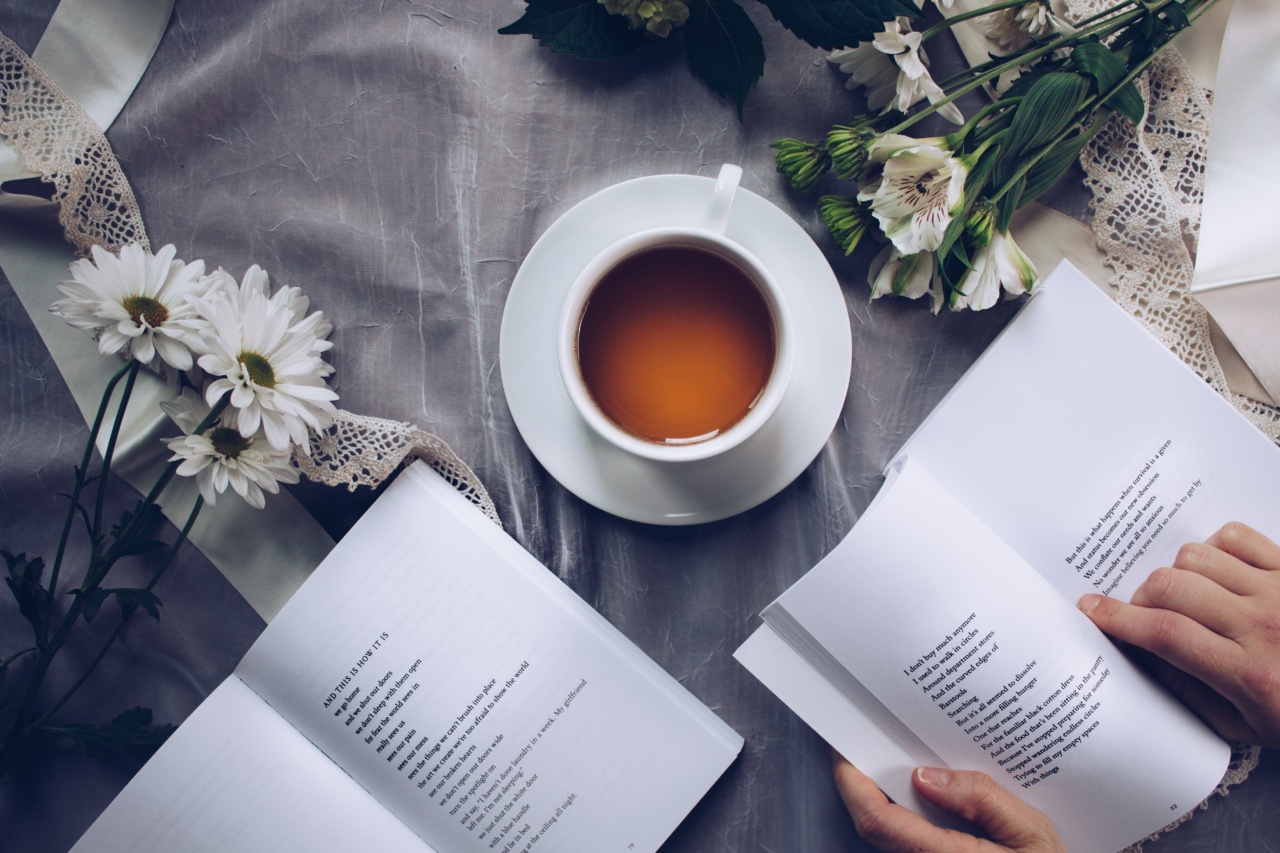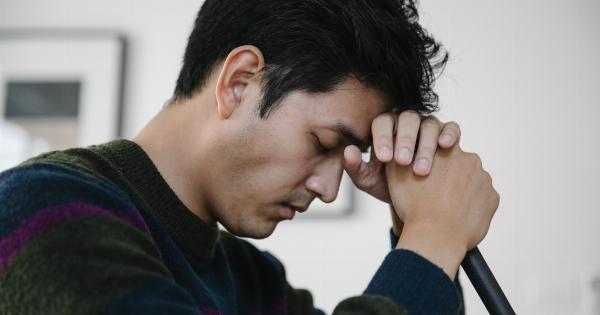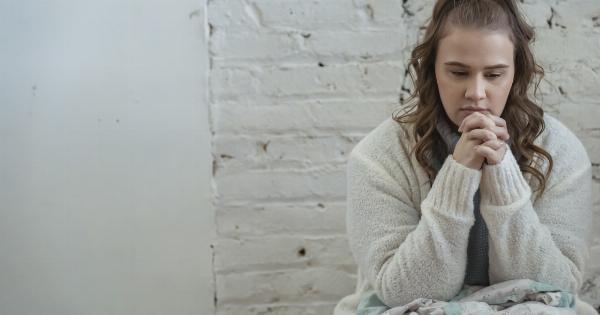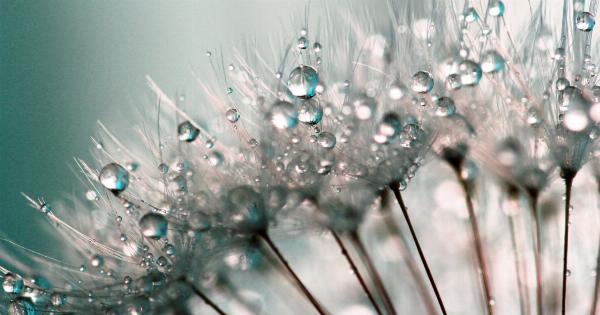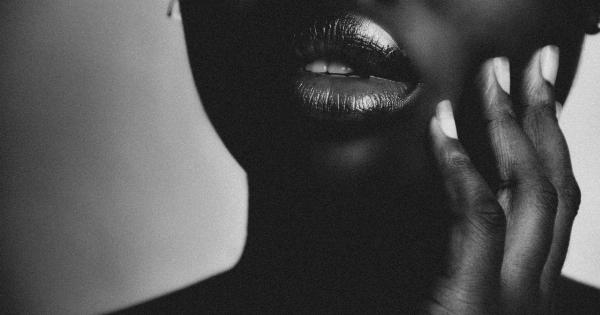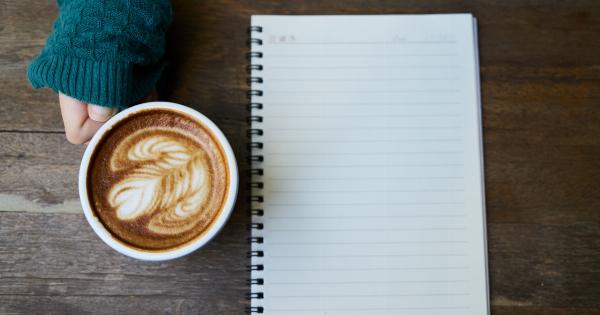Decaf tea is a popular beverage consumed worldwide by tea lovers who wish to avoid the stimulating effects of caffeine.
However, it is vital to know how much caffeine is present in decaf tea, as it may still contain trace amounts of caffeine, which can affect certain individuals who are sensitive to caffeine.
What is Decaf Tea?
Decaf tea is tea that has undergone a decaffeination process to remove most of the caffeine content present in it.
It is made from the same tea leaves as regular tea, and the decaffeination process eliminates around 97% of the caffeine content from the tea. Decaffeinated tea naturally in tea leaves account for only 2–3% of the dry weight, and it requires extensive treatment to remove caffeine while preserving tea flavor and aroma.
Decaf tea is popular amongst individuals who are sensitive to caffeine or are advised by medical professionals not to consume caffeine.
How Decaf Teas are Processed?
There are various methods of decaffeinating tea, but the most common method uses either carbon dioxide or ethyl acetate. These methods are chemical-free and less harmful to the environment.
The decaffeination process does not affect the taste, aroma, or other health benefits of tea. However, in rare cases, some tea flavor and aroma may be lost during the decaffeination process.
How Much Caffeine is in Decaf Tea?
As mentioned earlier, decaf tea typically contains only 2-3% of caffeine compared to a regular cup of tea. A regular cup of tea contains approximately 30-60mg of caffeine compared to decaf tea, which only has around 2-5mg of caffeine in it.
However, the exact amount of caffeine in decaf tea may vary depending on the tea type, processing method, and brewing time.
Caffeine in Different Types of Decaf Tea
1. Decaf Green Tea
Decaf green tea has a very low caffeine content and is ideal for individuals who are highly sensitive to caffeine.
A typical cup of decaf green tea contains only about 2-5mg of caffeine, making it much lower than regular green tea, which contains around 30-50mg of caffeine.
2. Decaf Black Tea
Decaf black tea has a slightly higher caffeine content than decaf green tea, but it is still much lower than regular black tea.
On average, a cup of decaf black tea contains around 2-5mg of caffeine, compared to regular black tea that contains roughly 50mg of caffeine.
3. Decaf Herbal Tea
Decaf herbal tea is naturally caffeine-free, as it does not typically contain tea leaves made from the Camellia sinensis plant, which is responsible for caffeine content in tea.
Herbal teas are made from dried fruits, flowers, and herbs, making them a great alternative for individuals who wish to avoid caffeine entirely.
Brewing Time and Caffeine Content
The amount of caffeine present in your cup of tea also varies depending on the brewing time. Longer brewing times typically result in higher caffeine content.
For decaf tea, it is best to steep the tea bag or loose tea leaves for three to five minutes to achieve maximum flavor and minimum caffeine content. Additionally, boiling or rapidly boiling water increases the extraction of caffeine compared to simmering water.
Conclusion
Decaf tea is an excellent alternative to regular tea for individuals who are sensitive to caffeine or want to avoid caffeine intake.
Decaf tea contains only a trace amount of caffeine and provides the same taste, aroma, and health benefits as regular tea. The exact amount of caffeine in decaf tea may vary depending on the tea type, processing method, and brewing time. Therefore, it is essential to know these factors to ensure minimum caffeine intake.
